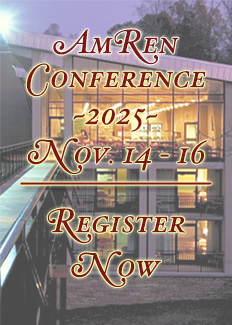White Men Can’t Help It
Michael Orey, Business Week, May 15, 2006
Winning a big employment lawsuit these days often requires a bit of magic. After all, companies are awash in diversity training, equal opportunity policies, and 800 numbers aimed at rooting out bias. Managers have been well trained to keep their discriminatory thoughts to themselves, edit all hints of racism and sexism out of e-mail, and couch pay and promotion decisions in legally defensible language. So how do plaintiffs’ lawyers prove their cases?
Enter the magician. Sociologist William T. Bielby is the leading courtroom proponent of a simple but powerful theory: “unconscious bias.” He contends that white men will inevitably slight women and minorities because they just can’t help themselves. So he tries to convince judges that no evidence of overt discrimination — no smoking gun memo, for instance — is needed to prove a case. As Allen G. King, an employment defense attorney at the Dallas office of Littler Mendelson, puts it: “I just have to leave you to your own devices, and because you are a white male,” you will discriminate.
King and other defense attorneys have gotten to know Bielby well, having encountered him as an expert witness in dozens of major cases, including those currently pending against Wal-Mart, FedEx, Johnson & Johnson, and Cargill. For plaintiffs, Bielby’s fees — now $450 an hour, and totaling $30,000 or more per case — are often worth it. Numerous lawsuits in which he has been involved have ended in big dollar settlements, including suits against Merrill Lynch, Morgan Stanley, and Home Depot. In 2004 a federal judge in San Francisco cited Bielby’s testimony when he agreed to let the largest-ever employment class action go forward against Wal-Mart Stores Inc. The company is appealing but could face gender bias claims on behalf of more than 1 million women.
Sitting in his quiet, dimly lit office at the University of Pennsylvania, Bielby, 58, explains his opinions and parries criticisms in a way that makes the provocative sound almost prosaic. An electric guitar propped in a stand on the floor hints at his other preoccupation: rock ‘n’ roll. A longtime guitar player, he’s also made studying bands in the “post-Elvis, pre-Beatles” era part of his academic work. Every year, he joins colleagues to perform at the American Sociological Assn. convention.
COURTROOM CELEB
Bielby’s rock star turn, though, has been in the litigation arena. Now if an employer is faced with a class action based on gender or race, there is at least a 50% chance that plaintiffs will cite unconscious bias theory, says David A. Copus at Ogletree Deakins in Morristown, N.J. When corporations conduct “beauty contests” to hire law firms to represent them in these lawsuits, “if you can’t go in and say how you’re going to deal with an expert like Bielby, you can’t get the case,” says Littler Mendelson’s King.
{snip}
















